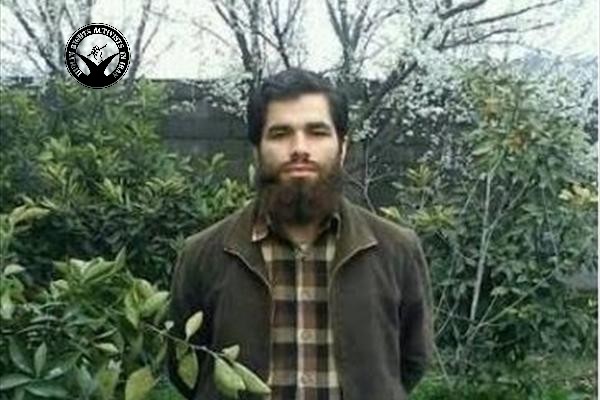On October 21, 2019, three Baha’i citizens were arrested in Shiraz while their houses and several other Baha’i houses were searched and their personal belongings such as laptops, cell phones, and computers were confiscated. Farzan Masoumi, Kiana Shoaei, and Soroush Abadi were arrested by the Intelligence Department officers and were transferred to an undisclosed location. The identities of the other Baha’i citizens whose houses were searched are still unknown.
Baha’i citizens of Iran are systematically deprived of religious freedoms, while according to Article 18 of the Universal Declaration of Human Rights and Article 18 of the International Covenant on Civil and Political Rights, all people are entitled to freedom of religion, belief, and changes thereof, as well as the right to express and practice those beliefs as individuals or collectives, in public or in private. Though unofficial sources estimate the Baha’i population of Iran at more than 300,000, Iran’s Constitution officially recognizes only Islam, Christianity, Judaism, and Zoroastrianism, and does not acknowledge the Baha’i faith as an official religion. As a result, the rights of Baha’is in Iran are systematically violated.





